What is a Security Token in Crypto and How it Works?

In the crypto space, security tokens have emerged as a revolutionary concept combining blockchain technology's benefits with traditional finance. These digital assets represent ownership rights or claims to valuable real-world assets, tokenized and stored securely on the blockchain.
In this article, we will explore the fascinating realm of security tokens, understanding what they are, how they work, and their significance in the crypto landscape.
What is a Security Token?
A security token is a digital representation of ownership or rights to an asset that has been tokenized and stored on a blockchain. It is created through a process called tokenization, where an asset's ownership is transferred to a blockchain and assigned a unique alphanumeric sequence generated by a hashing algorithm.
This token becomes the digital representation of the underlying asset, such as stocks, bonds, or other securitized assets. Tokenization itself is not a new concept. In traditional finance, companies used to issue paper stock certificates to investors, representing ownership or other rights.
Security tokens are essentially the digital form of these traditional investments. They bring the advantages of blockchain technology, such as transparency, immutability, and efficiency, to the world of securities.
Understanding Tokenization
To grasp the concept of security tokens, it is essential to understand tokenization. Tokenization involves converting an asset's ownership, whether a company or a physical asset like a car, into a digital token on the blockchain.
This token represents ownership and can be bought, sold, and transferred just like any other digital asset.
For example, let's consider the tokenization of a car. The vehicle's identification number (VIN) and the owner's information can be tokenized and stored on a blockchain. This tokenized representation of ownership can then be traded, allowing for the car's ownership transfer.
Similarly, security tokens represent ownership or rights to assets, but instead of physical assets, they are typically associated with assets like stocks, bonds, or other securitized assets.
How do Security Tokens Differ from Cryptocurrencies?
While security tokens and cryptocurrencies share similarities as digital assets stored on a blockchain, they serve different purposes. Cryptocurrencies, such as Bitcoin and Ethereum, are designed to be used as decentralized currencies or payment methods.
They are not explicitly tied to ownership or rights of underlying assets. On the other hand, security tokens are specifically created to represent ownership or rights to assets.
They are intended to function similarly to traditional investment instruments like stocks and bonds. Security tokens must comply with regulatory requirements and are subject to securities laws, unlike cryptocurrencies.
Benefits of Security Tokens
Security tokens offer several advantages over traditional securities, bringing innovation and efficiency to the investment landscape:
1. Efficiency
Tokenization eliminates the need for intermediaries, streamlining the fundraising and trading processes. This leads to more efficient transactions, reduced settlement times, and lower costs. Dividend issuance, voting capabilities, and liquidation preferences can also be automated, saving time and resources.
2. Automation
By utilizing smart contracts and programmable rules, security tokens enable better compliance with regulations. Compliance rules can be programmed into the token's configuration, ensuring regulatory requirements are met automatically. Payments like dividends can also be automated, improving efficiency and transparency.
3. Transparency
Blockchain technology provides a transparent and immutable record of ownership and transactions. This transparency reduces disputes, enhances investor protection, and mitigates fraudulent activities like document tampering. Investors can trust the accuracy and integrity of the information recorded on the blockchain.
4. Improved Liquidity
One of the most significant advantages of security tokens is their potential to enhance liquidity in traditionally illiquid markets. Tokenizing assets allows for fractional ownership and enables global investor participation. Previously inaccessible or illiquid assets become more accessible, leading to increased liquidity and potential market growth.
5. Market Access
Security tokens open up new investment opportunities and allow investors to diversify their portfolios. With security tokens, investors can access previously unavailable assets or those with limited market access. The blockchain operates 24/7, enabling investors to trade at their convenience without being restricted by weekends, holidays, or bank closures.
6. Innovation
Security tokens unlock possibilities for innovative financial instruments. Programmable contracts and shared ledgers enable the creation of fractionalized real estate, dynamic exchange-traded funds (ETFs), revenue-sharing agreements, and more. The potential for innovation in the digital asset space is vast and continually evolving.
Security Tokens and Regulations
Security tokens are subject to regulations imposed by financial authorities to protect investors and maintain market integrity.
The Securities and Exchange Commission (SEC) plays a crucial role in overseeing security tokens in the United States. The SEC applies the "Howey Test" to determine whether a token qualifies as a security.
Under the Howey Test, a token is considered a security if it meets certain criteria: there must be an investment of money, a common enterprise, and an expectation of profits from the efforts of others. Compliance with securities regulations is essential to ensure investor protection and maintain market stability.
Investing in Security Tokens
Security tokens are not readily available for retail investors on public stock or cryptocurrency exchanges. However, many institutions are working to gain regulatory approval for security tokens to make them accessible to a broader range of investors. Until then, investing in security tokens may be limited to accredited investors or institutional players.
It is important to note that investing in security tokens carries risks, just like any other investment. Investors should conduct thorough research, assess the credibility of the issuing company, and seek professional advice before making any investment decisions.
Conclusion
Security tokens represent a groundbreaking fusion of blockchain technology and traditional finance. These digital assets offer numerous benefits, including efficiency, automation, transparency, improved liquidity, market access, and opportunities for innovation.
While security tokens and cryptocurrencies share similarities as blockchain-based assets, security tokens are specifically designed to represent ownership or rights to underlying assets.
As regulations evolve and security token infrastructure matures, these digital assets have the potential to revolutionize the investment landscape, providing new opportunities for investors and unlocking previously untapped markets.
However, it is crucial for investors to understand the risks associated with security token investments and approach them with caution.
The future of security tokens holds great promise, and as the regulatory environment becomes more favorable, we can expect to see increased adoption and integration of security tokens in the global financial system.
As with any emerging technology, it is an exciting time to witness the transformation and potential of security tokens in shaping the future of finance.
Disclaimer
The information provided on this website does not constitute investment advice, financial advice, trading advice, or any other advice, and you should not treat any of the website's content as such.
Token Metrics does not recommend buying, selling, or holding any cryptocurrency. Conduct your due diligence and consult your financial advisor before making investment decisions.
Create Your Free Token Metrics Account

.png)




%201.svg)
%201.svg)


%201.svg)



.png)

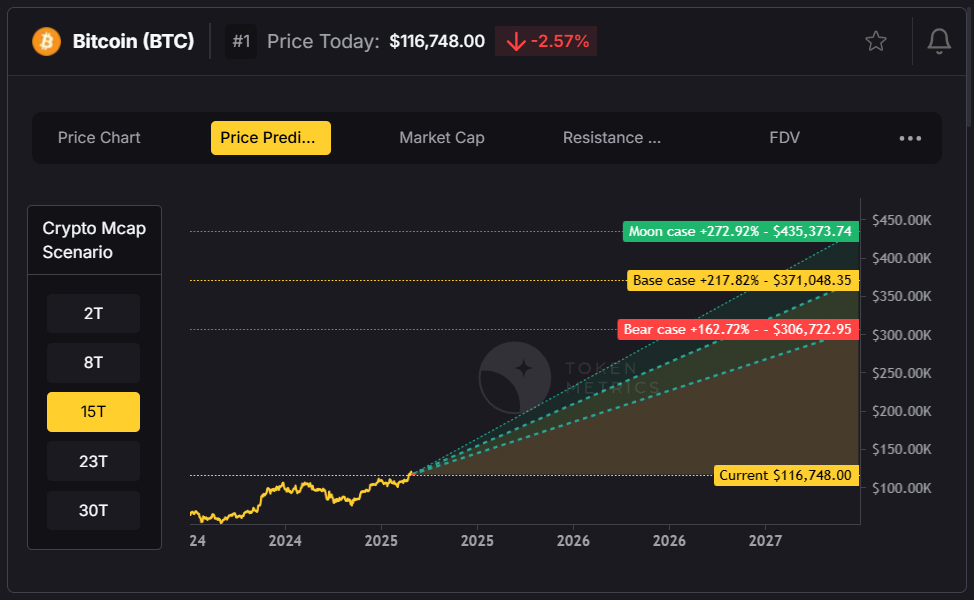


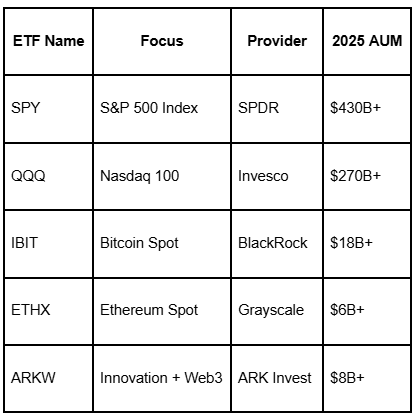
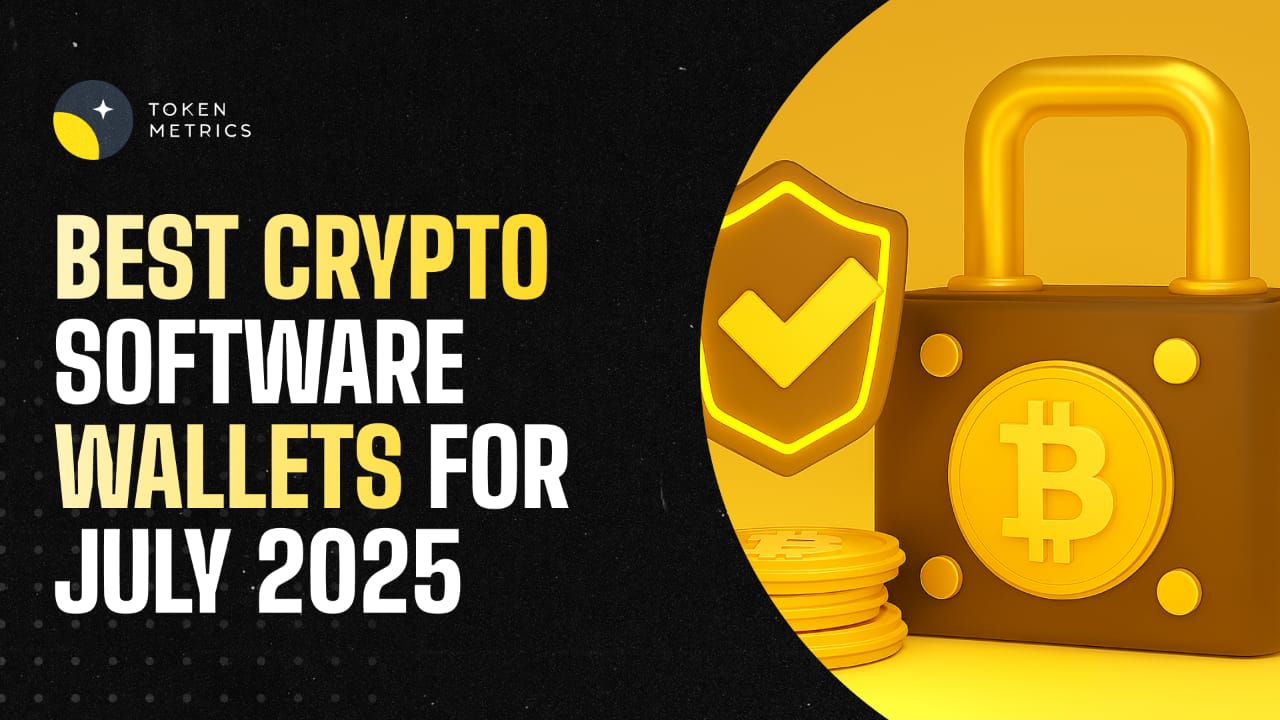



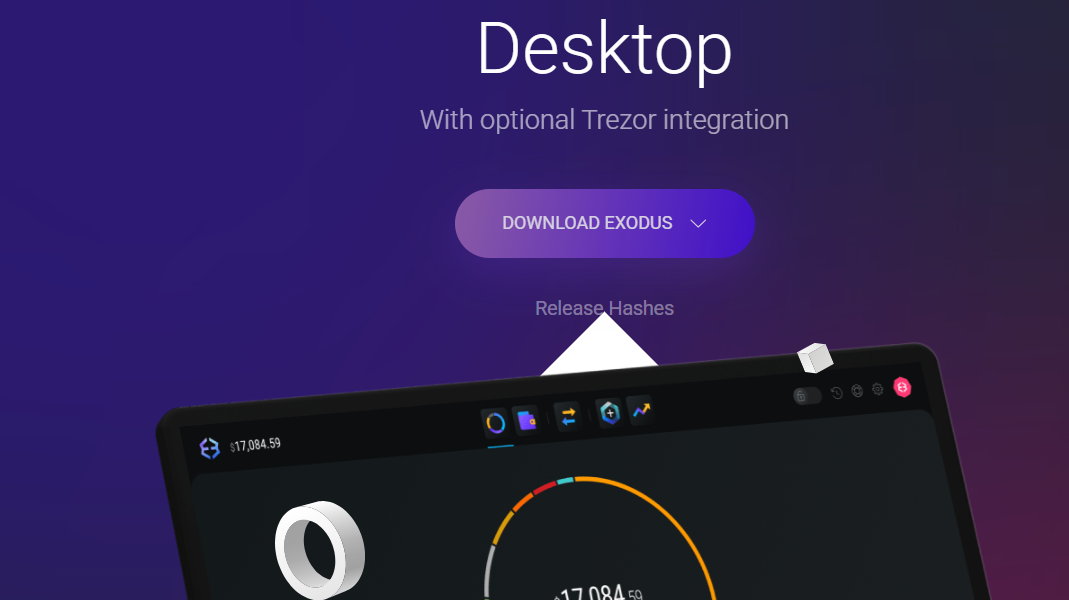
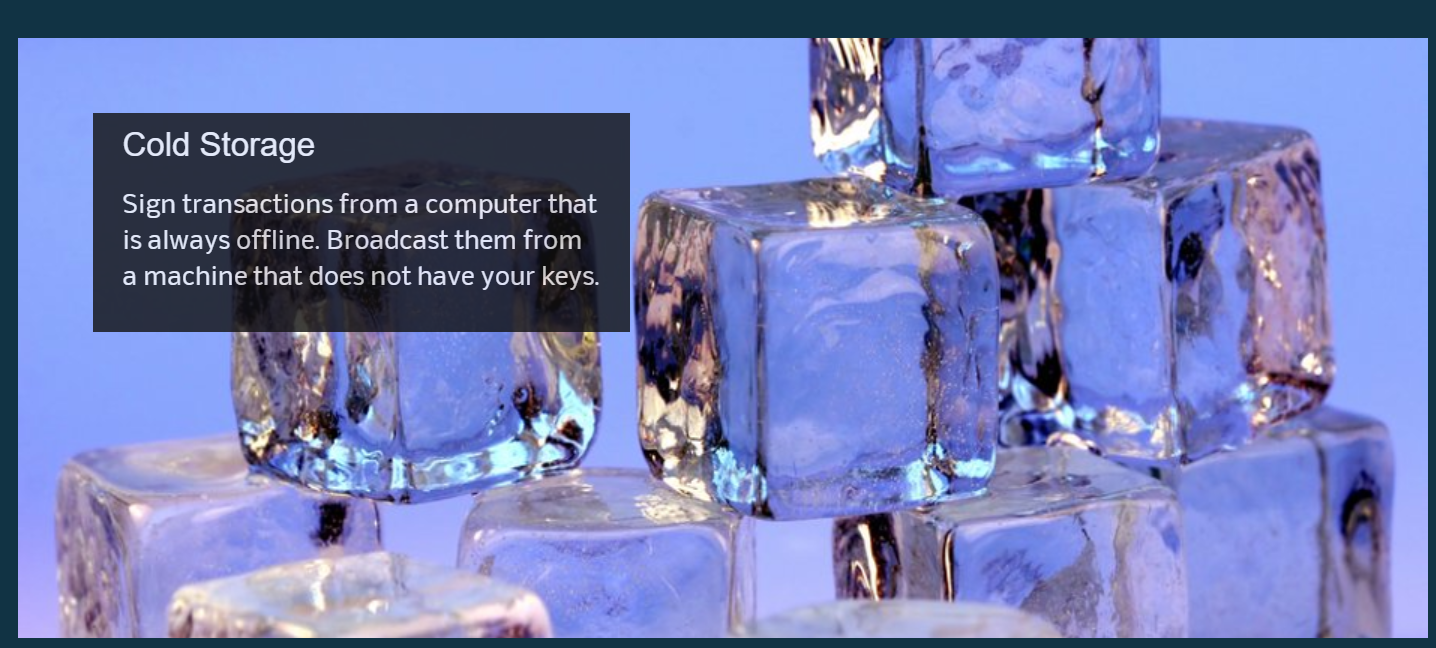


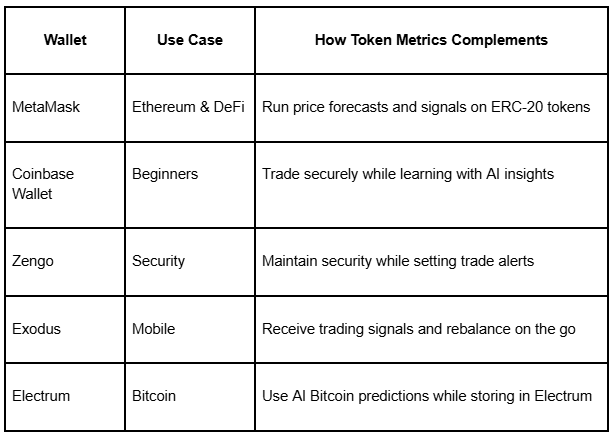
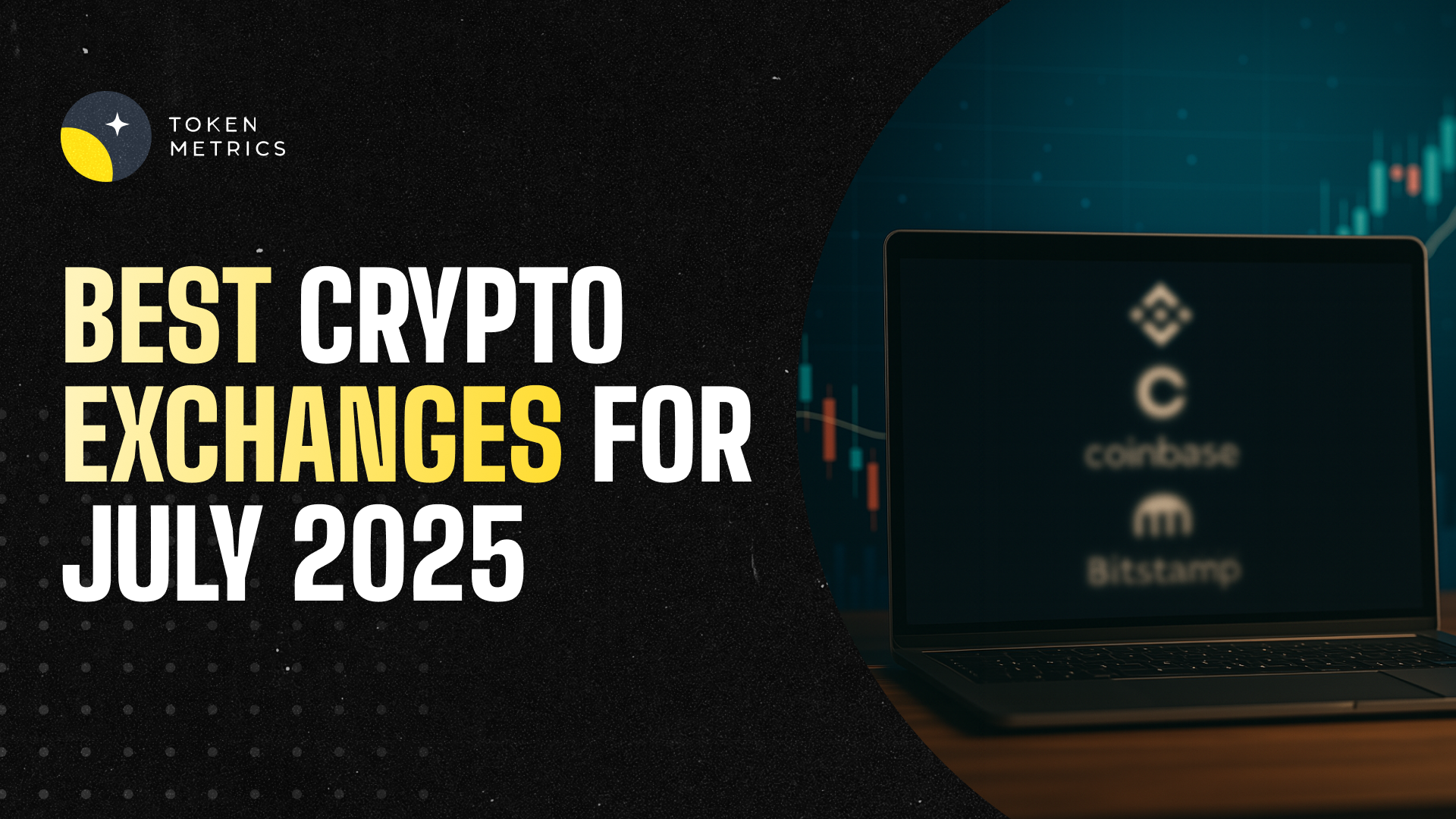
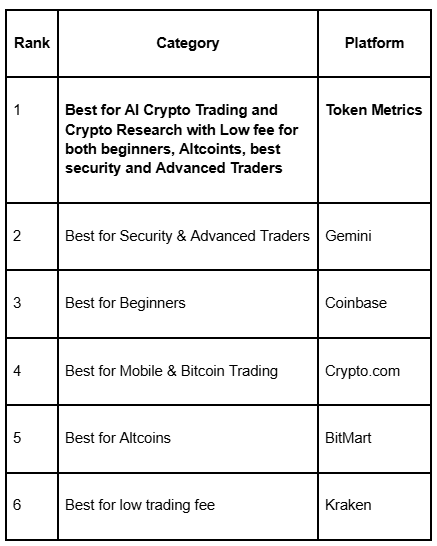



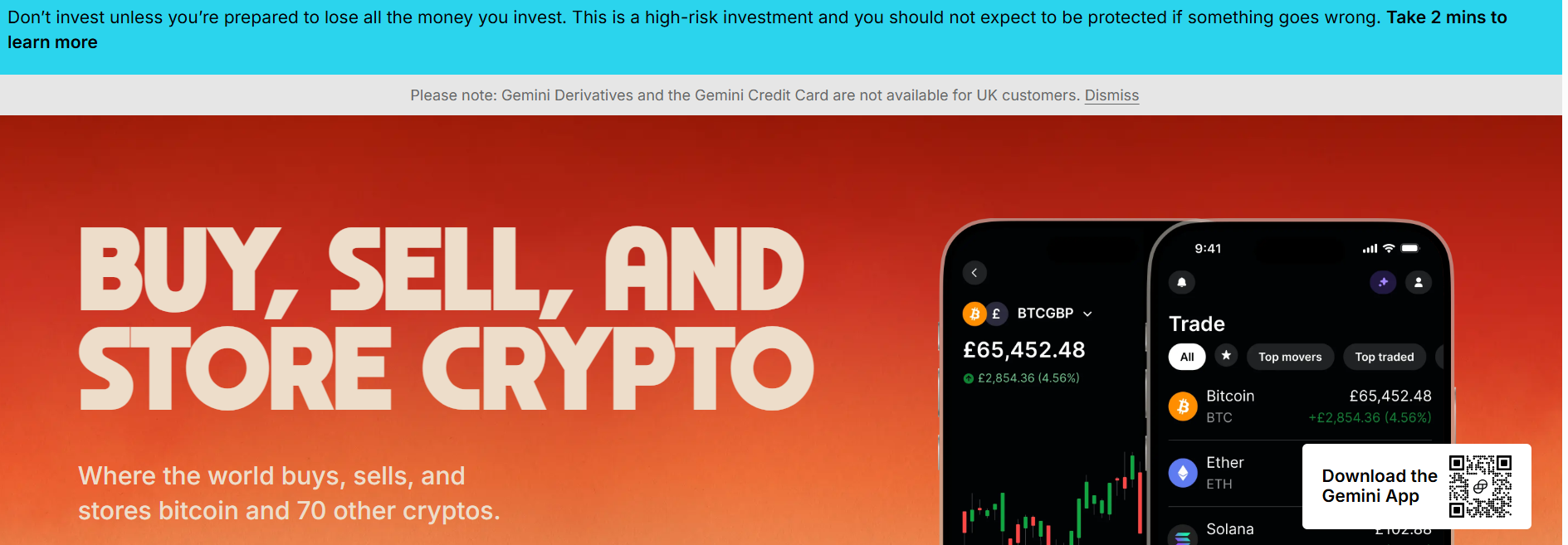
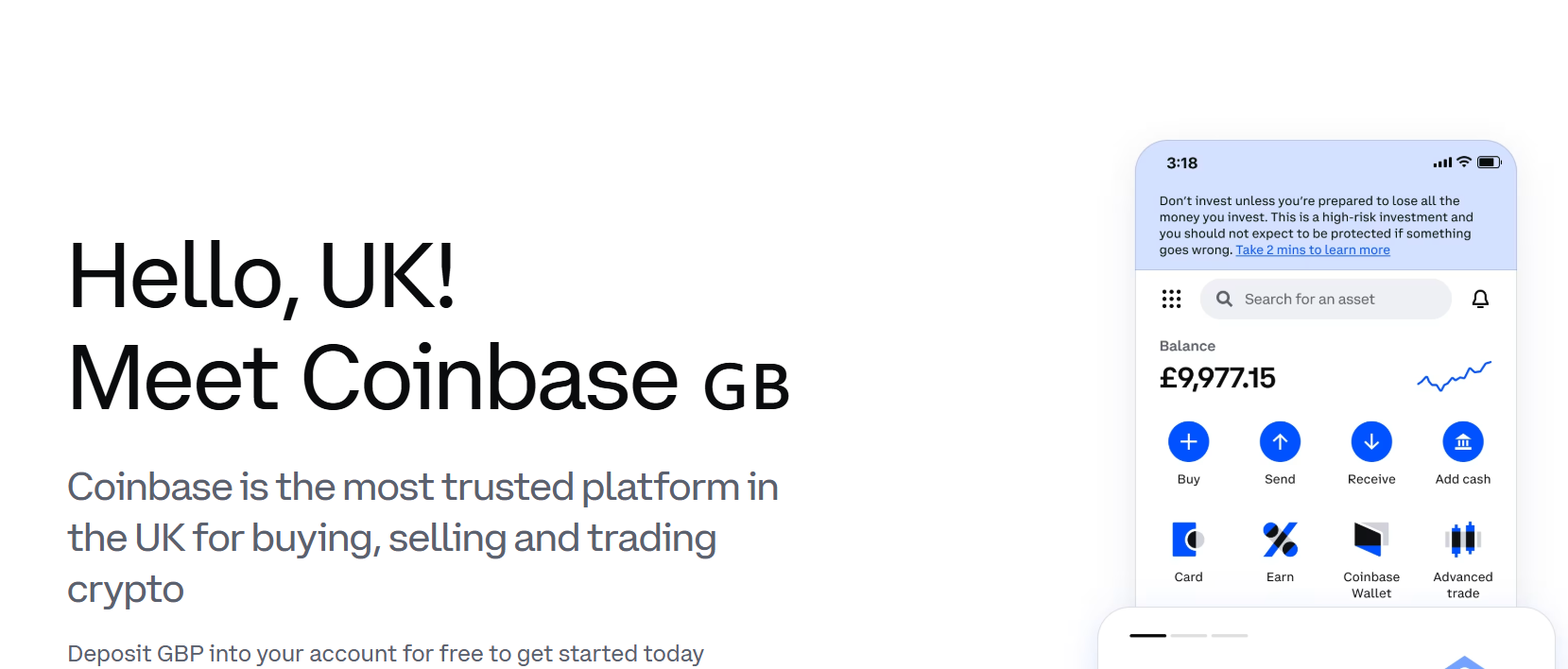
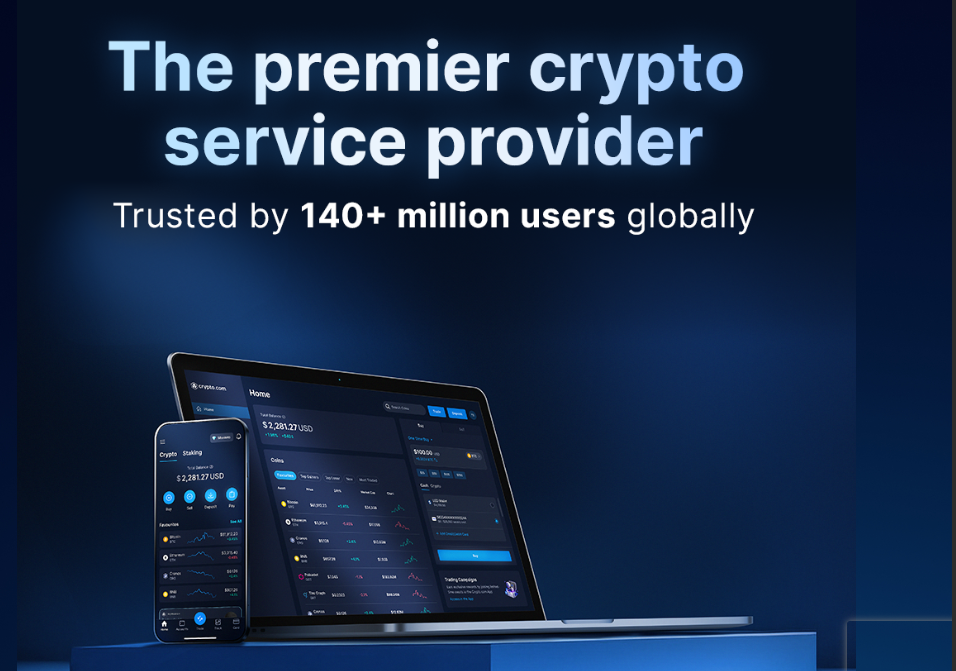
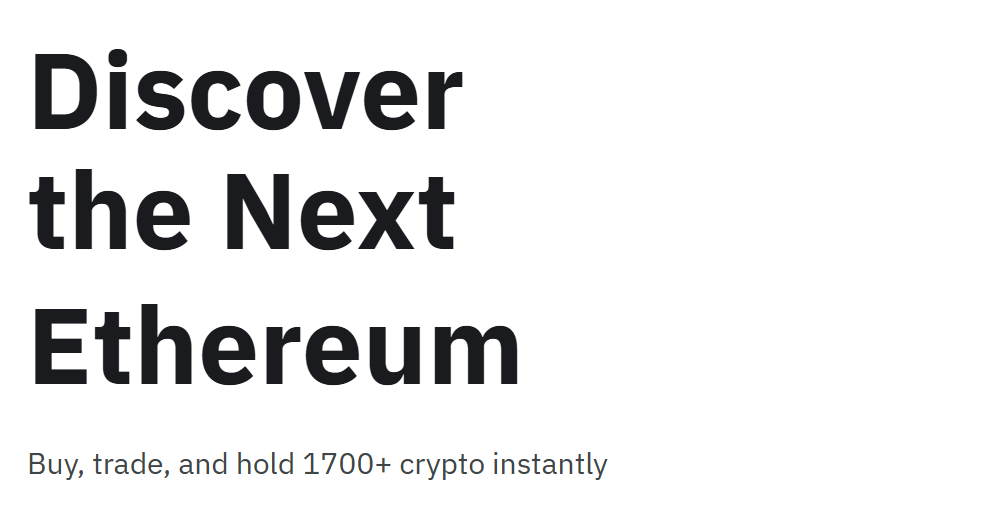
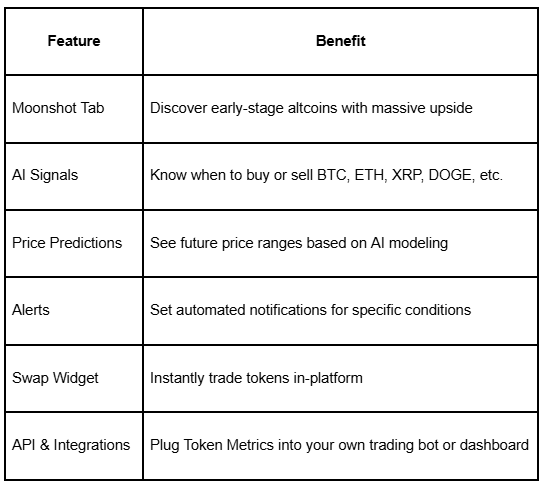




.svg)




.png)